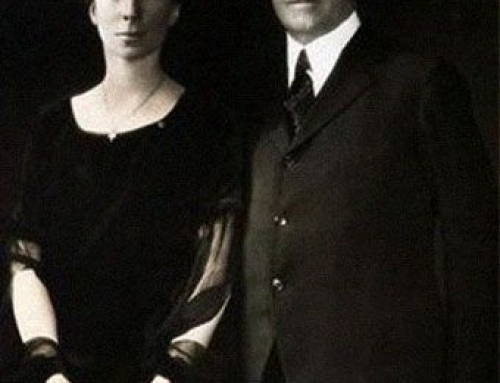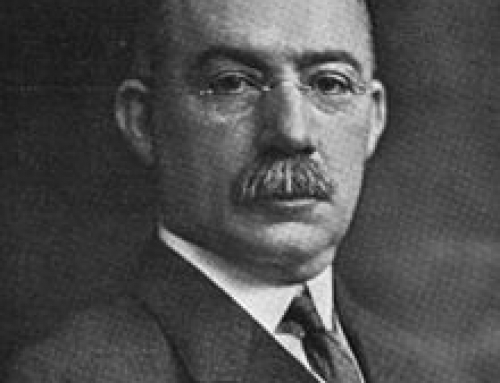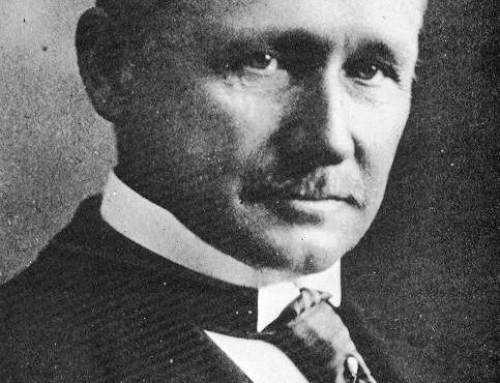Weber was considered one of the principal architects of modern social science, contributing to our understanding of culture, motivation, power and how change happens.
Max Weber was a German sociologist, philosopher, jurist, political scientist and scholar whose profound ideas introduced the discipline of sociology. His contributions are reflected in several academic disciplines including sociology, public administration, law, economics and religious studies. Most of his work was published posthumously.
Weber is known for two areas of study:
- The Protestant ethic: His thesis combining economic sociology and the sociology of religion, elaborated in his book The Protestant Ethic and the Spirit of Capitalism (published in 1905 and translated posthumously in 1930). His definition of culture and explanation of motivation brought these subjects forward as areas of study.
- Bureaucracy and sources of authority: Weber traced the path of different types of authority from traditional to bureaucratic, believing that the power inherent in bureaucracies comes from knowledge—of how things work and how they get done. Many of his ideas contribute to an understanding of how change happens in large and well-established organizations.
Source:
http://thephilosophersmail.com/perspective/the-great-philosophers-9-max-weber
http://www.britannica.com/biography/Max-Weber-German-sociologist




